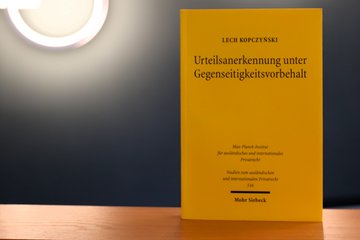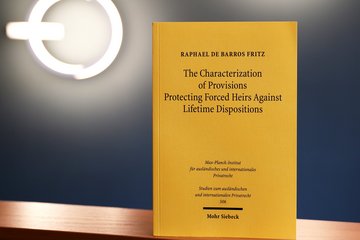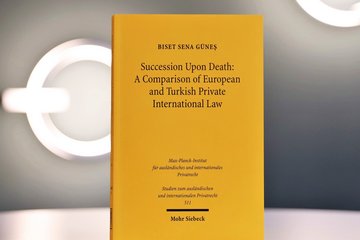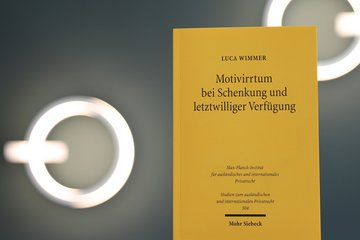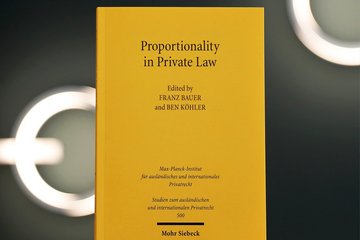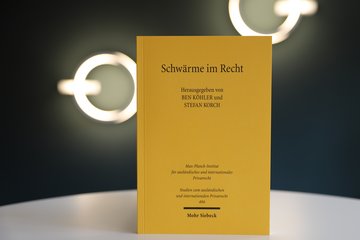On the history and theory of abuse of rights
The notion of abuse of rights remains puzzling to observers of European private law systems. Some consider Europe to be approaching a shared idea of abuse of rights, while others hold that, on the contrary, the more thoroughly the concept is developed in individual legal systems, the more clearly it differs among them. In his recently published dissertation, Philipp Eichenhofer, former research associate at the Max Planck Institute for Comparative and International Private Law, analyses the similarities and differences among the concepts of abuse of rights in German, French and English law.

The concept of abuse of rights, which was first established in French law, has spread throughout Europe. The prohibition of chicanery in §226 of the German Civil Code, for example, states that “The exercise of a right is not permitted if its only possible purpose consists in causing damage to another”. One exception is English law, which has explicitly rejected the idea of abuse of rights and thereby stands in clear opposition to the claim of European harmony.
The three legal systems that Philipp Eichenhofer selected for his analysis – the French, German and English – have taken especially clear positions on the issue of abuse of rights. These positions cannot be understood solely by comparing rules or certain case scenarios. Rather, in all three countries, the view of abuse of rights is shaped by theoretical discourses of private law that still resonate today. Philipp Eichenhofer illuminates these discourses and seeks to reach a deeper understanding of the national perspectives so as to get to the bottom of the puzzle of abuse of rights.
Philipp Eichenhofer, Rechtsmissbrauch. Zur Geschichte und Theorie einer Figur des Europäischen Privatrechts (Studien zum ausländischen und internationalen Privatrecht 431), Mohr Siebeck, Tübingen 2019, Dissertation Bucerius Law School Hamburg 2016, XVII, 272 p.


